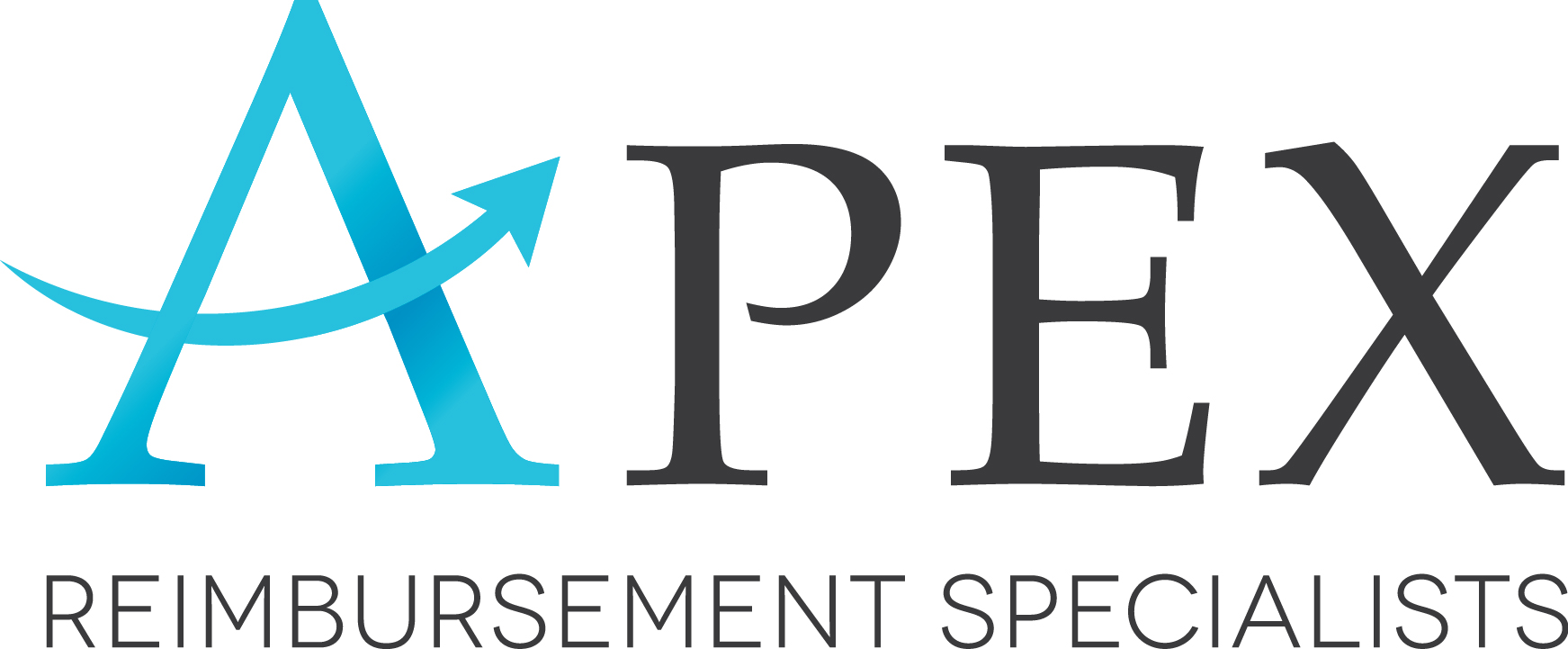At the end of February, Change Healthcare experienced a serious cybersecurity incident that completely disrupted its ability to process prescriptions and payments. Because it happened so recently, all of the effects have not been realized yet. However, there are still things that dental practices need to know in the meantime to protect their patients and prepare for the slow process of Change Healthcare coming back online.
What Happened?
Change Healthcare is a massive organization, and it works with virtually every hospital in the United States in one way or another according to the American Hospital Association. As many as 50% of all medical claims in the country currently flow through them. Change Healthcare was hit by a cyberattack on February 21st. After realizing there was a problem, they disconnected their systems immediately to prevent additional impacts. A recent Bitcoin transaction has also revealed that a ransom may have been paid to stop additional damage to the system.
In the immediate aftermath, some pharmacies were unable to process prescriptions, and some dentists were unable to send electronic claims to insurance companies like they normally would. While some parts of the system are slowly getting back online and pharmacies are able to call insurance companies to manually confirm coverage, this mess is not going to be fully resolved for weeks or potentially months.
Because of the scale of the attack, Senate Majority Leader Chuck Schumer and numerous leading medical organizations, including the American Medical Association, are calling on the Department of Health and Human Services to intervene. If federal support is extended, it can help healthcare and dental practices to recover and ensure that patients are still able to receive the care that they need.
What Can You Do?
First, you should keep an eye out for any information from your payers or other vendors about when services are going to be restored. In the meantime, be prepared to manually reach out through payer portals or service lines for things like benefits verification. Track claims carefully, as things may fall through the cracks during this challenging period. For some practices, it may be worth considering switching to another service or using traditional paper forms and mail for claims.
Because of these interruptions to the traditional revenue cycle, many practices should also prepare for possible delays in claim payments and interruptions to their normal revenue cycle. The American Dental Association has additional resources available on recordkeeping and digital security to make sure that your practice remains secure.

